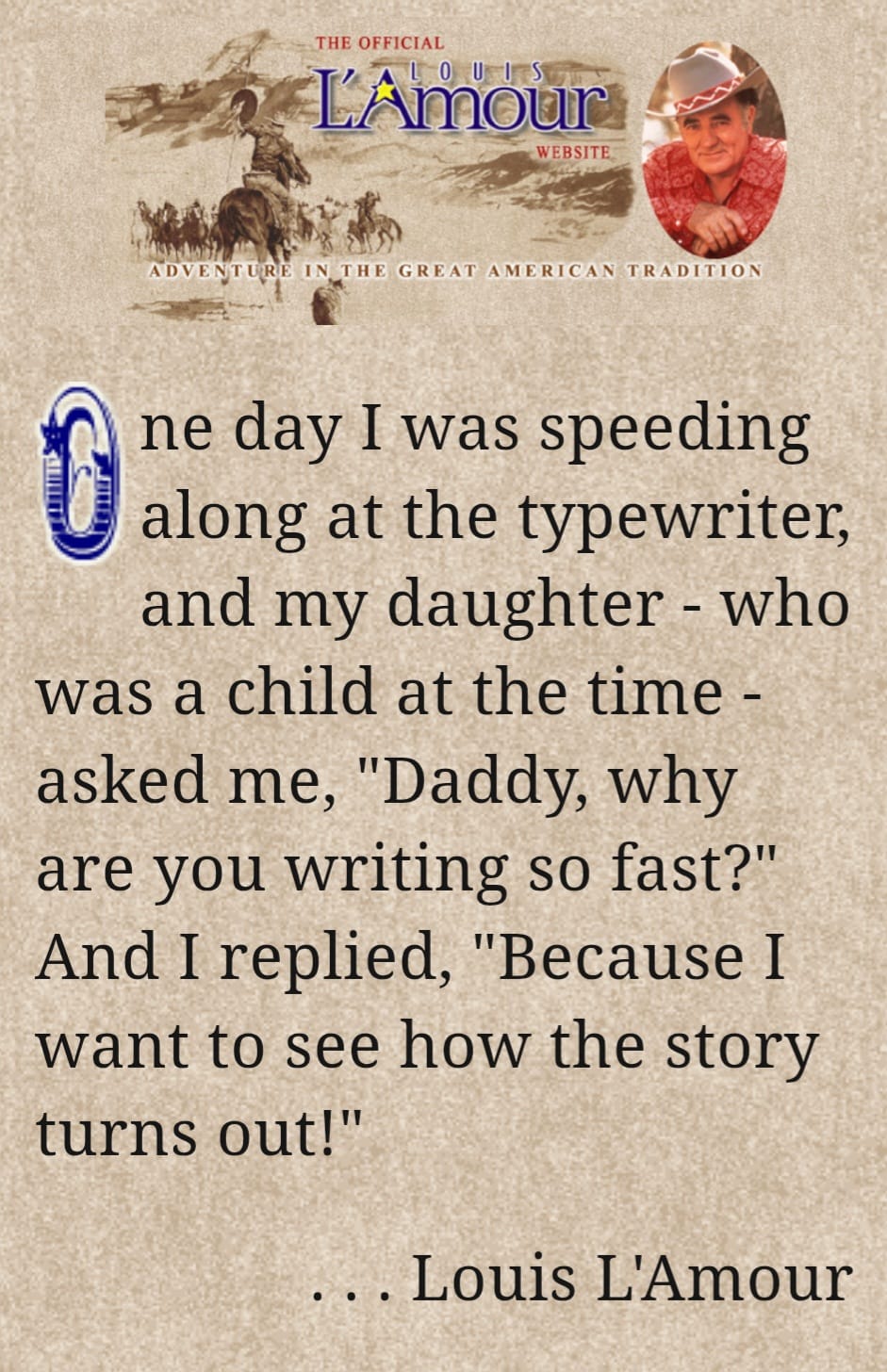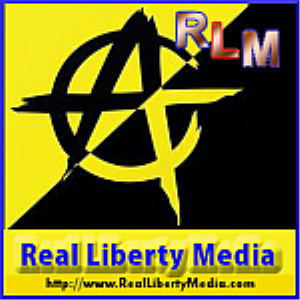Into-the-West ▪︎ Everyone That’s Ever Lived Has A Story
Growing up at a time when the Old West frontier was still very much alive. L'Amour knew the life of cowboys and recorded a history of the American West that still endures today.
Louis L'Amour once said as he was speeding along at the typewriter to his daughter - who was a child at the time - after she asked, "Daddy, why are you writing so fast?" And he replied, "Because I want to see how the story turns out!"


American Western novelist Louis L'Amour chronicled the world of frontier freedom, with all its perks and pitfalls, in a way that no one else could boast, penning more than 100 Western novels.
Growing up at a time when the Old West frontier was still very much alive. L'Amour knew the life of cowboys and recorded a history of the American West that still endures today.
☆ Louis Dearborn L'Amour was an American novelist and short story writer.
His books consisted primarily of Western novels, though he called his work "frontier stories".
His most widely known Western fiction works include Last of the Breed, Hondo, Shalako, and the Sackett series. L'Amour also wrote historical fiction (The Walking Drum), science fiction (The Haunted Mesa), non-fiction (Frontier), and poetry and short-story collections.
Many of his stories were made into films. His books remain popular and most have gone through multiple printings.
At the time of his death, almost all of his 105 existing works (89 novels, 14 short-story collections, and two full-length works of nonfiction) were still in print, and he was "one of the world's most popular writers".[1][2] wiki
☆ Into-the-West by Vincent Easley II | Real Liberty Media: comparing history to the events of today for an expectation of the future, for our world and mankind as a whole.
Under Section 107 of the Copyright Act 1976, allowance is made for “fair use” for purposes such as criticism, comment, news reporting, teaching, scholarship, and research. ☆

